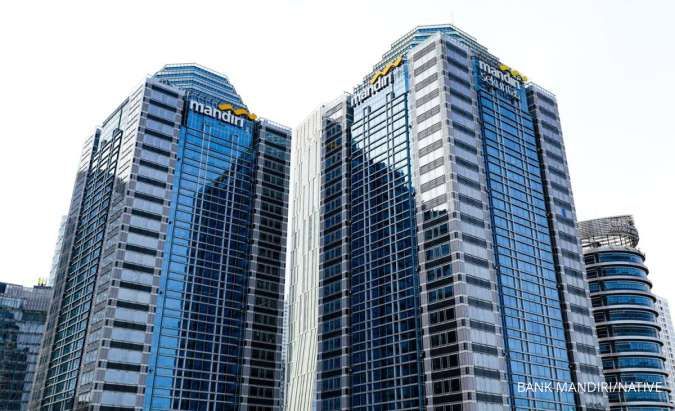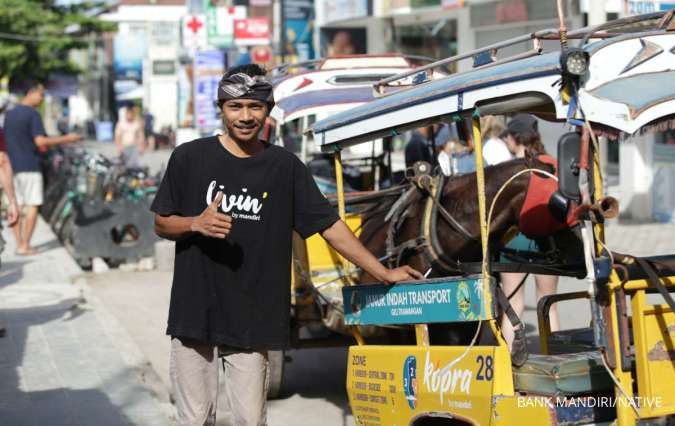JAKARTA. We don’t expect much from President Joko “Jokowi” Widodo’s visits to Japan and China this week in the way of wooing investors for infrastructure development, which has been one of the top priority programs of his government. Jokowi asserted on the eve of his foreign trips that his visits to the two giant economies were largely about luring investors specifically to develop Indonesia’s infrastructure, such as airports, seaports, power plants, railways and freeways. But the President has nothing to show off to the potential investors as he has miserably failed to make any breakthrough in facilitating the construction of big infrastructure projects, which have been stalled for years because of land-acquisition problems and other snags in the bureaucratic licensing system.
Jokowi woos investors
JAKARTA. We don’t expect much from President Joko “Jokowi” Widodo’s visits to Japan and China this week in the way of wooing investors for infrastructure development, which has been one of the top priority programs of his government. Jokowi asserted on the eve of his foreign trips that his visits to the two giant economies were largely about luring investors specifically to develop Indonesia’s infrastructure, such as airports, seaports, power plants, railways and freeways. But the President has nothing to show off to the potential investors as he has miserably failed to make any breakthrough in facilitating the construction of big infrastructure projects, which have been stalled for years because of land-acquisition problems and other snags in the bureaucratic licensing system.

